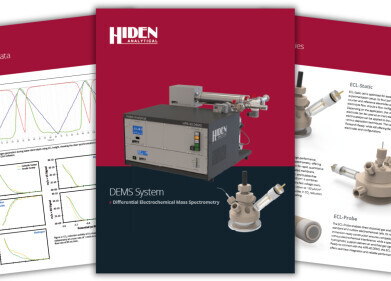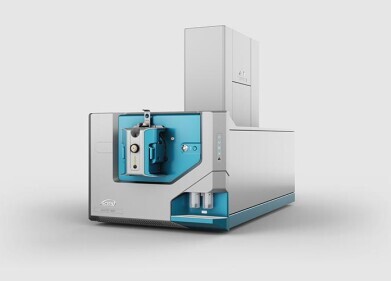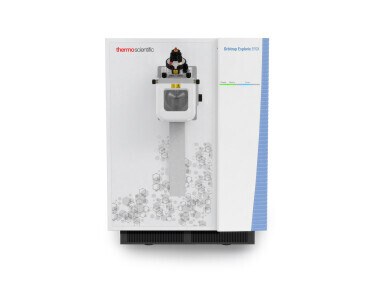Mass spectrometry & spectroscopy
Coffee or Tea? - The Answer Might Be Genetic
Jan 09 2019
For most people, starting the day with a hot drink is a ritual. Now, scientists have shed new light on the age-old question of whether to reach for the teapot or the coffee grinder. According to a new study published online in Scientific Reports, preference for tea or coffee all boils down to DNA.
Every human has a unique set of genetic variants, which could influence sensitivity and preference for the flavour of caffeine and other bitter chemicals. Researchers found that people who possess genes that are sensitive to the bitter flavour of caffeine are usually coffee drinkers, while their less sensitive counterparts tend to prefer tea. While a dislike for bitter flavours is often seen as an indicator of the body's natural aversion to poison, the study challenges this belief and suggests that genetic variants could be at play.
Diving into the UK Biobank
The study, which was led by researchers from England, Australia, and the United States, analysed data from more than 400,000 UK Biobank participants. As well as gathering genetic data, the biorepository also gathers information on tea and coffee drinking habits.
Each person was assigned a genetic score based on variants in the taste genes and sensitivity to bitter chemicals. The findings were then compared to reported beverage choices, which revealed that people with a high genetic score for detecting the bitterness of caffeine were 20% more likely to consumer four or more cups of coffee a day. Interestingly, this challenges the popular belief that people with genetic sensitivity to bitter flavours avoid drinks like coffee.
“In this case, it’s strange how we’re seeking caffeine,” comments study co-author Marilyn Cornelis.
Experts muse that bean heads may have trained themselves to enjoy the bitter flavour of coffee as it indicates a chemically-induced "buzz" is on the way. Similarly, while tea drinkers may be genetically inclined to the bitterness of caffeine, they simply prefer the taste of tea.
A social experience
On a sociological level, some experts maintain that drinking tea or coffee has little to do with taste genes and more to do with learnt behaviours and cultural cues. For example, if a person's parents religiously drink coffee, they may subconsciously adopt the habit as an adult, regardless of their taste preferences. Similarly, the act of brewing tea is often considered a lifestyle ritual.
While historically humans have relied on senses like sight and taste to identify toxic substances, technology also plays an important role. Spotlighting raman spectroscopy, 'Determining Hazardous Substances at Arm’s Length' explores how laser beams are being used to carry out everything from routine airport security checks to drug lab busts.
Digital Edition
Lab Asia Dec 2025
December 2025
Chromatography Articles- Cutting-edge sample preparation tools help laboratories to stay ahead of the curveMass Spectrometry & Spectroscopy Articles- Unlocking the complexity of metabolomics: Pushi...
View all digital editions
Events
Jan 21 2026 Tokyo, Japan
Jan 28 2026 Tokyo, Japan
Jan 29 2026 New Delhi, India
Feb 07 2026 Boston, MA, USA
Asia Pharma Expo/Asia Lab Expo
Feb 12 2026 Dhaka, Bangladesh



















